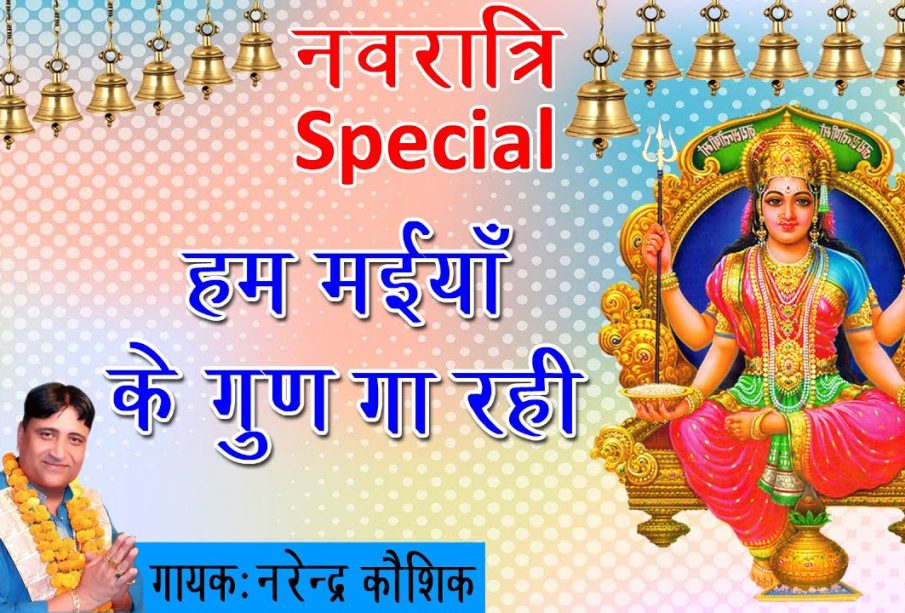The Significance of Navratri Bhajan in Festive Celebrations

Introduction
Navratri, a vibrant Hindu festival dedicated to the worship of Goddess Durga, is marked by nine nights of fervent devotion, dance, and music. One of the essential elements of Navratri celebrations is the bhajans, or devotional songs, which play a pivotal role in enhancing the spiritual atmosphere. These bhajans not only uplift the spirit of the devotees but also connect them to the divine, making it a significant aspect of the festivities.
History and Importance of Navratri Bhajans
Bhajans during Navratri have historical roots that trace back to ancient scriptures and regional traditions emphasizing the power of music in spiritual practices. The festival encapsulates a plethora of stories about Goddess Durga’s triumph over evil, and bhajans serve as a medium to narrate these tales, instilling a sense of devotion among the devotees. They often include traditional motifs of the goddess, emphasizing her strength, compassion, and grace.
The Experience of Bhajan Singing
The communal experience of singing bhajans fosters unity among devotees. During Navratri, various gatherings see people coming together to sing in praise of the goddess, fostering a sense of belonging and collective spirituality. Popular bhajans such as ‘Maa Durga Ki Jai’ or ‘Om Jai Jagdish Hare’ are often sung, creating an energetic and joyous ambiance. The rhythmic clapping, dancing, and togetherness elevate the celebratory experience, perfectly embodying the festival’s essence.
Modern Interpretations of Navratri Bhajans
In recent years, Navratri bhajans have adapted to modern musical elements, blending traditional tunes with contemporary beats. Numerous artists have released albums that reinterpret classic bhajans, making them accessible to younger audiences. This adaptation caters to the evolving preferences of devotees while keeping the essence of the original hymns intact.
Conclusion
Navratri bhajans are integral to the festival, enchanting devotees with their spiritual depth and cultural resonance. As communities continue to embrace both traditional and modern expressions of devotion, the bhajans represent a significant link to the cultural heritage of the festival. They not only celebrate the divine but also enhance personal and communal spiritual experiences. With the ongoing resurgence of interest in these musical prayers, the future of Navratri bhajans looks bright, ensuring they remain a cherished tradition in the hearts of devotees.









